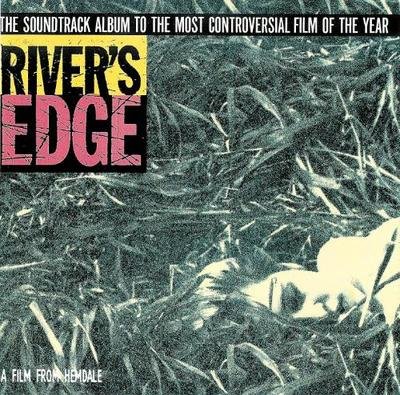7. Various ArtistsRiver’s Edge

There’s a lot of metal of that period which I’d never experienced. I’d heard bits of it, but used in the context of the film it just sounded so nihilistic. These kids, for whom there seemed to be no optimism, no real future, very ‘punk’, if you like. That music captures it perfectly and creates this world that I could believe when I was watching the film – but also feel. I guess that’s the thing I’ll look for most of the time, a non-analytical thing where you feel immersed in it and you’re experiencing it. When I’m working on a film, to an extent, there’s a list of things you’ve got to improve and put right. But there’s another list that you can’t even see: it’s your gut saying, "This isn’t right." Like Edward G. Robinson in Double Indemnity, he’s an insurance salesman and he’s got this indigestion, which is like a little man inside who grumbles when something doesn’t feel right. You don’t really know what it is. You just know something doesn’t feel right.
That’s constantly what I’ve got when I’m working. If something doesn’t feel right I might not know what it is, but I’ve gotta keep working until it stops. That’s what I love about films that reach that level, because I’m not questioning them – I’m experiencing them. Whether it’s an original composition or the right needle-drop, it’s a great artform. So River’s Edge, or pretty much anything with Crispin Glover in or Dennis Hopper in, there’s an intensity to them that goes beyond the idea that, "Oh, it’s just a couple of goofy characters." It seems warranted to the world they live in, and that authenticity just suffuses the whole film.


